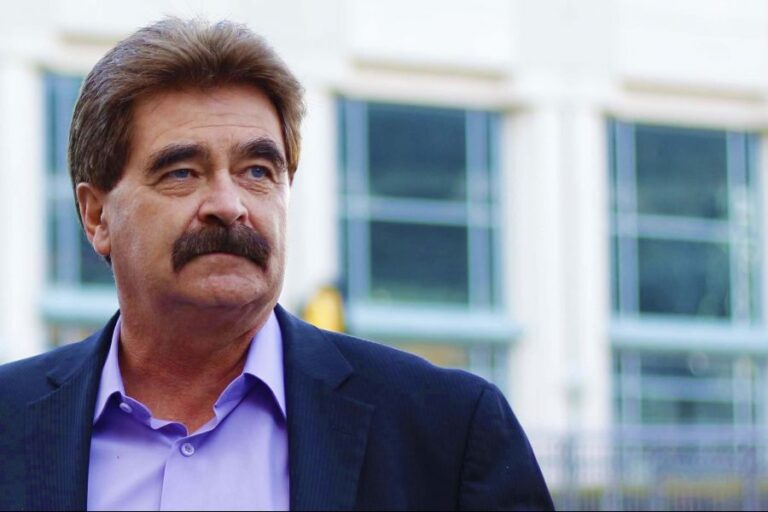Dear editor:
Politicians and civil servants at all levels of government and of all political stripes have become more opaque in dealing with the electorate and the public. Niagara-on-the-Lake is no exception.
In a July 21 report in The Lake Report involving the denial of a renewal of a bed and breakfast licence, (“Neighbour feud: Mayor’s husband at centre of civil suit against town“), the complainant on which the town officials based their denial of the renewal is the husband of the lord mayor.
In the article Lord Mayor Betty Disero in a prepared statement, indicated that “I will give you my own straightforward answers – I have acted with integrity. I have not sought to influence town employees for my personal advantage … I have not acted in a way that would give rise to a conflict of interest, bad faith or undue influence. I have certainly not acted in a way that is illegal or improper.”
In court proceedings, such general denials, which state conclusions without addressing the underlying facts for the conclusions, are common.
However, in the court of public opinion elected officials, especially those who are seeking re-election, cannot expect blind acceptance of the stated conclusions.
In this case a number of factual questions should have been addressed in a “straightforward” manner. These include: was she informed by and/or did she discuss with her husband that he was intending to file a complaint?
After the complaint was filed was she informed by and/or did she discuss with her husband that he had filed the complaint with town officials?
Did she at any time discuss her husband’s complaint with any town official? If the matter was discussed at any meeting of council did she declare a conflict of interest and refrain from participating in the discussion?
The article also quotes from a sworn affidavit in 2021 by former chief planner Craig Lamour that, “It is the town’s standard practice not to disclose the identity of individuals who make complaints to the town. This practice is in place to protect a complainant’s privacy and to avoid retaliation amongst citizens.”
What about the privacy of the person who is the subject of the complaint? Why is their position inferior to that of the complainant?
Has it never occurred to the town that the complaint itself might be part of a campaign of harassment, or that the complaint might have been brought by a business competitor or that it might be libellous?
I submit that the town’s practice should be that, when a complaint is filed, the complainant is informed that the complaint will not be acted upon unless that person agrees that the initial meeting between a town official and the person who is the subject of the complaint will start with “X informs us that …”
More and more I read stories in The Lake Report that residents have sought information from town officials and have received no reply.
In my view the most egregious was when a business person requested guidance on the COVID regulations pertaining to the restarting of her wedding venue business.
For town workers, the non-response will not likely give rise to discipline but will avoid the possibility of making a mistake and being held accountable for the mistake.
Unfortunately, I believe the town needs yet another official, namely an ombudsperson. If a resident seeking advice does not get a response in what the resident considers to be a timely fashion, he or she can apply to the ombud to get the requested response.
It is time for politicians and government workers to be less opaque and more transparent in their dealings with the public.
Ron Fritz
Queenston










